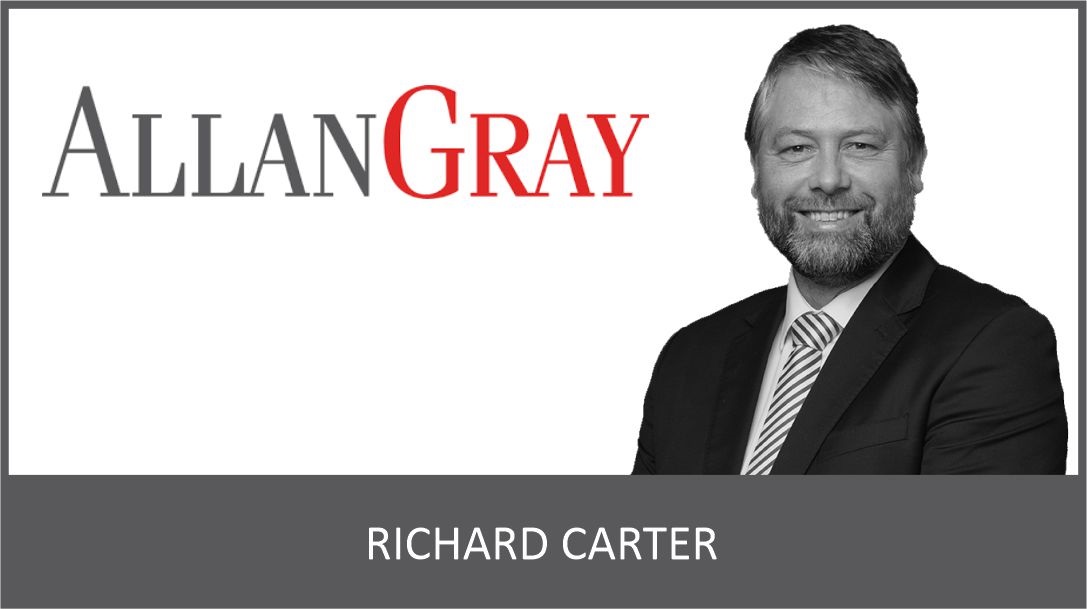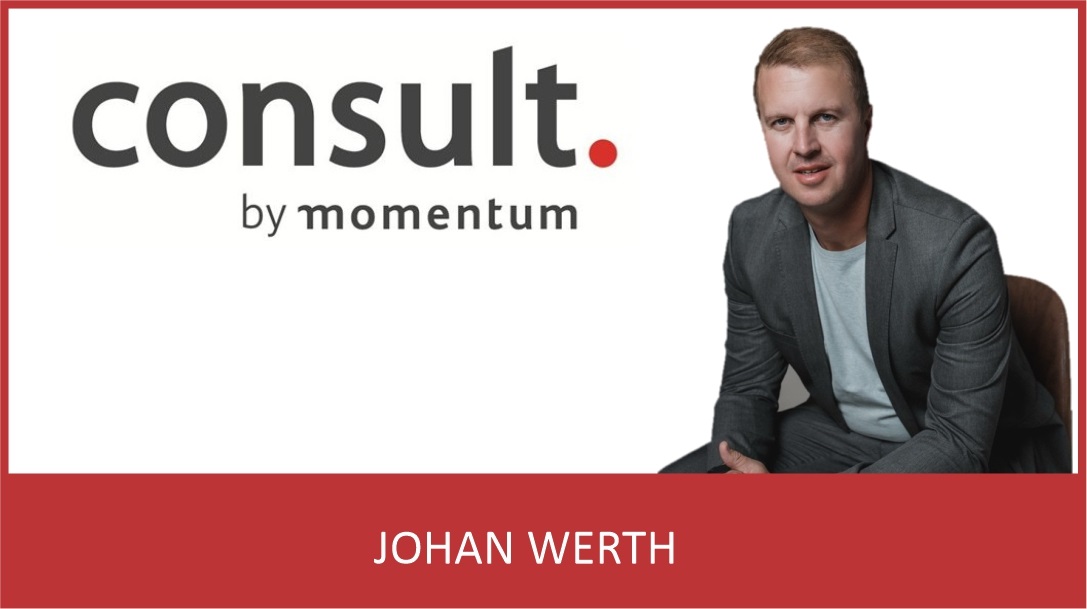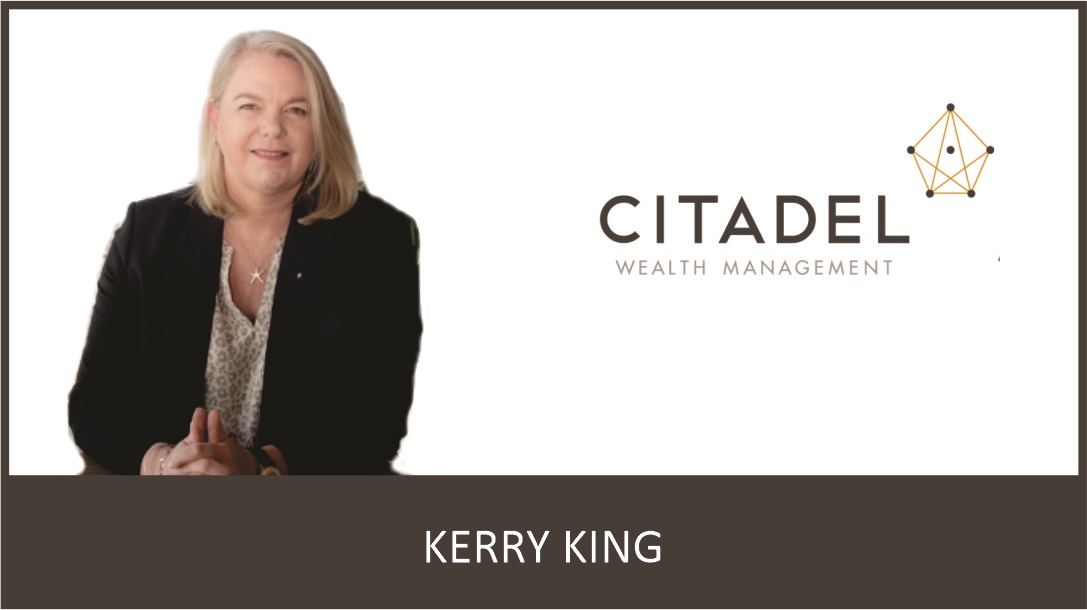Richard Carter, Head of Assurance at Allan Gray
July marks National Savings Month – a time when South Africans are reminded of the importance of fostering a savings culture and making sound financial decisions. But in a world that feels increasingly upside down – marked by higher global inflation, geopolitical unrest and ongoing market volatility – investors may be questioning whether the golden rules of long-term investing still hold true. The traditional roadmap says let compounding do its work, stay the course, avoid knee-jerk reactions and diversify – but does this approach still make sense in today’s unpredictable environment?
Richard Carter, head of Assurance at Allan Gray, says the fundamentals of long-term investing remain absolutely relevant and must be applied with even greater care in uncertain times.
“Compounding works – but you want to aim to compound real returns,” he says. “Returns that beat inflation make investing work. Investors should position their portfolios accordingly.”
Globally inflation appears to be on the rise due to pressure from defence spending and tariffs, while in South Africa inflationary price drivers have been dampened by weak consumer demand and a flood of cheap Chinese goods into our market. However, inflation is a persistent theme and beating inflation should continue to be a core goal for investors.
“Recently the South African inflation target has moved towards 3%; you need to aim for returns above this number to preserve purchase power,” explains Carter. “If the return you get on your investment is less than inflation, you’re going backwards.”
Volatility adds another layer of complexity. While equities tend to perform well on average over the long term, Carter cautions that “in any one given period they could do a whole lot better or a whole lot worse.”
This can easily lead to poor decisions because investors may be uncomfortable with the short-term ups and down, opting to disinvest, often at inopportune moments. This is why Carter emphasises that behaviour is just as important as asset allocation.
“Timing the market – i.e. figuring out the optimal time to invest and withdraw – is extremely difficult. And if you are lucky enough to get it right once, it can create a false sense of confidence. The reality is that few can do it consistently and getting it wrong can be costly.”
A better strategy, according to Carter, is to invest consistently. He says that having a clear, long-term plan can help anchor investors during difficult times.
“If you don’t have a plan or goals, then you may be tempted to change on a whim, which can destroy the value you have created over time, and you will be more driven by feelings.”
He adds that diversification when constructing an investment portfolio remains essential. “There is no single investment that serves as a perfect solution,” he says. “To manage risk and protect capital, investors should spread their exposure across sectors, asset classes, and geographic regions.”
Many investors seek professional guidance to help them spread their investment risk, maintain discipline, and reduce the likelihood of reactive decisions.
“Managing this whole mix can be complex — it’s helpful to have an independent adviser guide you through it,” Carter concludes.
ENDS

























































































